View Profile
Profile
| First and last name | Charity Ryerson |
| What's your location? | Chicago, IL |
| At what organization are you currently based? | Corporate Accountability Lab |
| Why do you define yourself as a Legal Designer? | I founded and run a small legal design lab that focuses on human rights in global supply chains. We apply design principles to transnational legal problems, including to design novel litigation strategies, provide victims with access to remedy through innovative contracting, and repurposing other areas of commercial law (primarily IP and international trade) for human rights and environmental violations. We have adapted some of the more standard legal design cycles to work for our field and the complexity of the problems we are trying to solve. |
| Show off your work! Present yourself through one of your projects | For some background on the early thinking when we founded CAL, check out this article in the Chicago edition of the Social Innovations Journal. One project that came out of the lab is using supplier contracts to give workers and others harmed in global supply chains access to remedy. We discuss the results of our first test case here. We also host a small army of interns and fellows in the office, and push them hard to think creatively, utilizing design mindsets. Here’s an example of our writing on this. I don’t have a visual of our design cycle on our website (I know, this should be remedied!) but you can see a drawing of it, along with some great shots of my team in action, in this LinkedIn post. |
| Tell us a little about the work you just shared, so we understand how to present it to the community. | The third-party beneficiary work and the articles are self-explanatory (please tell me if that’s not true!). I can give a little context on our design cycle though. You’ll see from the photo that our first step looks a little different. It includes empathy/talking to users/etc., but in our work, often involves significant research on a particular supply chain, mapping out the flow of goods and/or services across the globe, identifying the profit margins of various corporate actors, etc. We try to identify the root problem (ie the price of the product is too low, so factory owners cannot comply with social standards) rather than the facial problem (ie workers live in poverty and need access to better jobs). This allows us to define a problem systemically and not in terms of the need of an individual user. |
| Where can people learn more about you? |
@CorpAcctLab on twitter Facebook: Corporate Accountability Lab |
